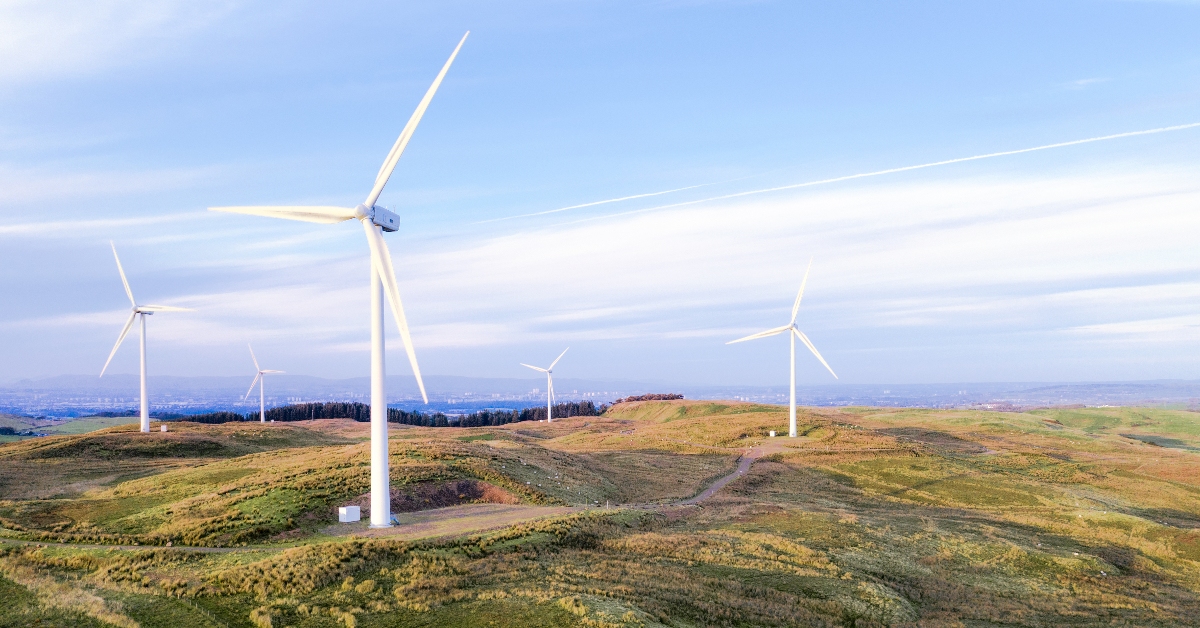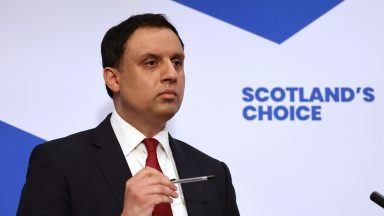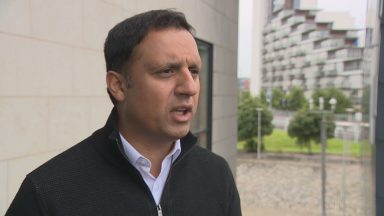It was one of Labour’s flagship pledges during the General Election and launched with a promise to cut energy bills while providing tens of thousands of jobs.
But months after its announcement, experts remain confused anout what exactly GB Energy is and if it will achieve its aims.
Plans for the pubicly-owned energy company have changed throughout the last few months and debate has gone back and forth over whether it would produce energy or simply invest in renewable projects.
What is GB Energy and what will it do?
GB Energy will “own, manage and operate clean power projects” across the UK, according to the Government.
Backed by more than £8bn in public funds – paid for by a windfall tax on fossil fuel firms – it will invest in clean energy technology as well as small to medium-sized renewable projects across the UK.
Its aim is to increase the UK’s energy independence, reach net zero carbon emissions, invest in renewables and lower energy bills.
But it won’t replace Scottish Power or SSE as the firm delivering power to your home, although it does aim to generate its own electricity.
The idea is that whatever profit it makes through its investments will go back to the taxpayer, instead of a foreign company, as happens with some internationally owned firms.
Scottish Power, for example, is owned by the Spanish company Iberdrola.
But because GB Energy is a collaboration with the private sector – which the Government wants to invest multiple times what the taxpayer is putting in – its success depends on the investments it makes.
Professor Gioia Falcone, a sustainable energy expert at the University of Glasgow, said the public “still needs to know what exactly GB Energy will do” and what the long-term plan is.
“My understanding is still, unfortunately, very limited,” she told STV News. “I am still confused as to what decisional power GB Energy may have in a partnership where the cash available from GB Energy will be incredibly small compared to the cash from the other partners in the project.
“I don’t see GB Energy leading from a financial perspective but I am also confused how it can lead from a diplomatic perspective.
“And ultimately how GB Energy can or cannot contribute to fixing prices to the end customer, I am still unsure.”
 Supplied
SuppliedProf Falcone said there was also a risk that it remains a “pet project of the current government”.
Professor John Underhill, an energy expert at the Univesity of Aberdeen, drew comparisons to the Green Investment Bank – a publicly-owned firm set up by the Conservative/Lib Dem coalition government with the aim of investing in renewable energy.
It was also based in Scotland – in Edinburgh – but was sold off just a few years later.
Looking to GB Energy, Prof Underhill agreed with Prof Gioa that not enough is yet known to fully evaluate the firm.
“I don’t think it’s as clear as it could or should be,” he told STV News.
 STV News
STV News“What has been stated publicly is that it’s an investment vehicle. There’s £8.3bn allocated over the course of the next parliamentary term.
“The objective being that the state taking a stake in energy, by putting that money on the table, it will release extra money from private companies.
“But much larger amounts of money will need to come from those companies if we are to achieve the ambitious decarbonisation target that Ed Miliband and others have stated that they wish to meet.
“Where I have concerns is how are they going to make decisions about which projects, where and how it’s going to proceed.”
Will GB Energy lower energy bills?
For most Brits, the success of GB Energy will likely be judged on whether it meets its aim of reducing yearly energy bills by £300 by 2030.
Ofgem’s price cap skyrocketed following Russia’s invasion of Ukraine, which interrupted Europe’s energy.
The idea of GB Energy is that by ramping up renewable energy production in the UK, the country would be less reliant on more expensive, imported fossil fuels.
The energy price cap in the UK is still linked to the price of gas, which can be unreliable and expensive, so producing more clean energy could lower those bills.
But it’s not yet clear when this could happen and what exactly the UK Government would need to do to achieve this goal.
 Supplies
Supplies“I think it’s extremely challenging and a bit of a hostage to fortune to say that this is going to save money given the scale of the rebuild and rewiring of Britain,” Prof Underhill said.
The energy expert added that as well as investment earmarked by GB Energy in areas such as wind and solar, money will need to be spent on upgrading the current energy network, such as electrifying the grid.
But the chairman of Ofgem has suggested the cost of upgrading the electricity network could swallow up some of the short-term savings that may otherwise be felt from the move to renewables.
The UK Government has been approached for comment.
Follow STV News on WhatsApp
Scan the QR code on your mobile device for all the latest news from around the country


 iStock
iStock
























